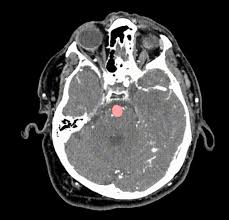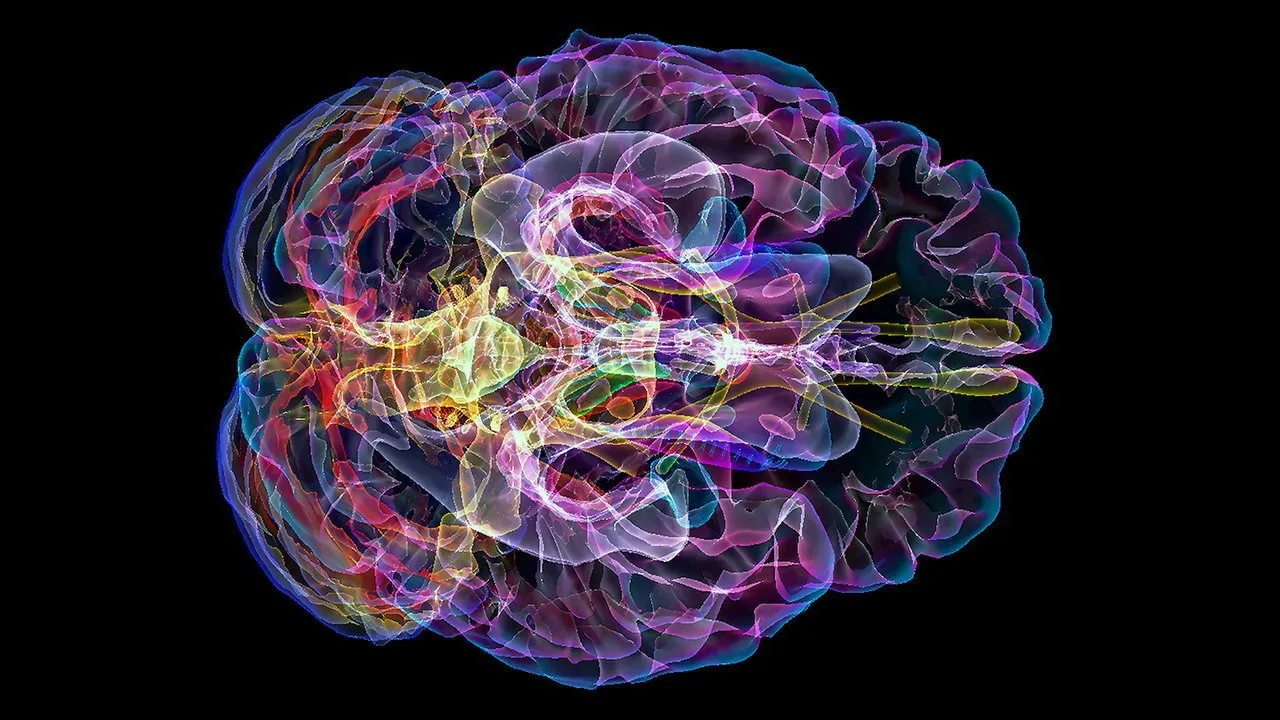
Major Study Links Sleep Patterns to Mental Health Uncovering the Sleep Mind Connection
A groundbreaking study released this year has illuminated the powerful influence that sleep patterns exert on mental health, fundamentally shifting how scientists and clinicians understand the relationship between rest and emotional well being. Unlike earlier research that primarily focused on sleep duration, this study dives deeper into sleep quality, regularity, and timing, uncovering how even subtle disruptions in an individual's sleep wake cycle can significantly increase the risk of mental health disorders such as anxiety, depression, and chronic stress. The study, conducted by an international team of sleep researchers and psychologists, followed thousands of individuals over a span of five years, yielding data that has wide reaching implications.
One of the most critical insights from the study is the correlation between irregular sleep schedules and heightened levels of mental distress. Participants who went to bed and woke up at inconsistent times especially those who had variable sleep patterns on weekdays versus weekends exhibited a higher prevalence of mood instability, irritability, and clinical signs of depression. Even among individuals who met the recommended seven to nine hours of nightly sleep, those who had inconsistent sleep timing were nearly 35% more likely to experience symptoms of anxiety or low mood. The findings emphasize that it’s not just about how much sleep we get, but how consistently we sleep.
The concept of “social jet lag,” wherein an individual's biological clock is thrown off due to late night habits or weekend sleep ins, also emerged as a key concern. The researchers discovered that individuals who regularly shifted their sleep schedule by more than 90 minutes between workdays and weekends often experienced disruptions in their circadian rhythm. This misalignment created a lag in hormone cycles and cognitive alertness, resulting in a persistent sense of fatigue and emotional instability. Over time, this form of biological disorientation contributed to a greater risk of developing depressive episodes, particularly in young adults and students.
Perhaps most concerning was the role that poor sleep played as an early warning signal. The study found that chronic disruptions in sleep patterns often preceded the onset of mental health conditions by several months. In other words, irregular or insufficient sleep was not just a symptom of existing mental illness it was a predictor. For example, participants who reported deteriorating sleep over a three month period were three times more likely to seek therapy or psychiatric help within the following year. This suggests that sleep monitoring could be used as a valuable tool for early mental health intervention.
The biological explanation for these findings lies in the way sleep regulates brain function. During deep sleep, the brain undergoes essential processes like emotional memory consolidation, neurochemical replenishment, and stress hormone regulation. When sleep is fragmented or inconsistent, these processes are disrupted. One particularly striking discovery from the study showed that individuals with highly variable sleep patterns had lower levels of serotonin a neurotransmitter closely linked to mood regulation. At the same time, cortisol levels the body’s primary stress hormone were consistently elevated in those with disrupted sleep, further exacerbating feelings of anxiety and restlessness.
The study also revealed demographic nuances. Adolescents and young adults, who often experience irregular sleep due to academic demands and social habits, were particularly vulnerable. In this group, even short term sleep disturbances were strongly associated with increased risk of depressive symptoms and reduced coping mechanisms. Similarly, shift workers and those in gig economy jobs reported disproportionately high levels of sleep disturbance and mental health complaints. Among older adults, inconsistent sleep patterns were associated not only with mood changes but also with cognitive decline and memory impairment, highlighting the far reaching implications of disturbed sleep across the lifespan.
Importantly, the researchers were able to identify several protective behaviors. Participants who maintained consistent sleep and wake times even on weekends were significantly less likely to report mental health issues. Additionally, those who practiced sleep hygiene habits such as limiting screen time before bed, avoiding caffeine late in the day, and creating a calm sleeping environment tended to experience fewer depressive symptoms even in high stress environments. Light exposure in the morning and reduced artificial light at night were also found to stabilize circadian rhythms, resulting in improved mood and energy levels.
Based on these findings, experts are now calling for sleep education to be integrated more systematically into mental health programs. Psychiatrists and psychologists may soon incorporate sleep tracking into patient care to identify early signs of distress. Furthermore, schools and universities are being encouraged to educate students about the importance of sleep hygiene, and employers are being urged to consider flexible schedules that respect natural sleep patterns. Some public health advocates have even proposed that governments treat sleep disruption as a public mental health risk, comparable to substance abuse or chronic stress.
Related Post
Popular News
Subscribe To Our Newsletter
No spam, notifications only about new products, updates.















